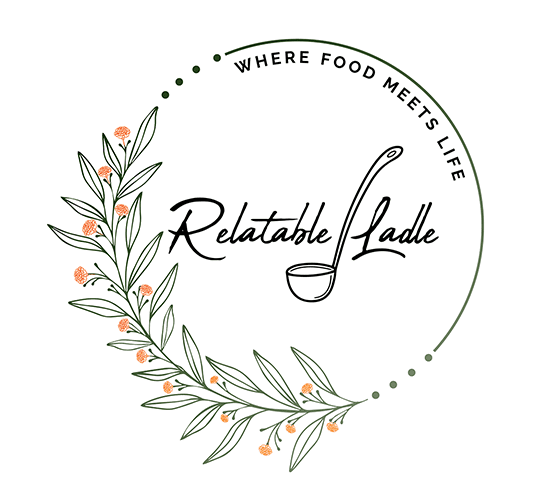For a while, I thought I attracted the wrong people in my life – individuals who would attack, belittle, and often say some pretty terrible and insensitive things. I couldn’t understand why because I was conditioned to people-please for a while (which is not a good thing). I disliked bullying, too, and I try to treat people how I want to be treated: with kindness.
The question of why people are mean to nice people illuminates darker aspects of human psychology and societal norms.
9 Reasons Why People Are Rude to Nice People
Jealousy and Insecurity
This explanation is one of the more straightforward answers. Nice people can appear more content, empathetic, or morally upright, evoking envy in others. Subsequently, envy can trigger insecurity in those who feel they lack these qualities.
A rude reaction is not necessarily a direct dislike for kindness but a reflection of the individual’s struggles and self-doubt. Rudeness becomes a defense mechanism (Verywell Mind) to mask feelings of inadequacy or to diminish the perceived disparity in character strengths.
Misinterpretation of Kindness
Kindness can often be seen as weakness or manipulation. Society usually rewards assertiveness and competitiveness, so unconditionally kind people may paradoxically appear suspicious.
Why? Niceness might be misinterpreted as having an ulterior motive. This assumption initiates a defensive and rude response from others.
Even more troublesome are those who might exploit or disrespect kind people, believing they won’t retaliate. People often seek power to control their environment (even in partnerships), so unfortunately, some see kindness as an acceptable excuse to exert force. That person will take it and still be kind, right?
Conditioning and Societal Norms
Aggressive behavior and dominance may be valued in some cultures. So, when kindness and gentleness appear in people, they may be seen as abnormal or easy to take advantage of.
Similarly, if someone grows up in an environment where being nice is rarely shown, approved of, or valued, that person may need to learn how to respond appropriately and might default to being unkind.
The Contrast Effect
The contrast effect is a psychological phenomenon where one person’s qualities can inadvertently highlight another’s shortcomings. If someone is exceptionally nice, it can unknowingly make those around them feel less generous or empathetic in comparison. This contrast can lead to resentment or hostility in those individuals, which might manifest into being mean.
Lack of Emotional Intelligence
Emotional intelligence is critical in understanding and responding to others’ emotions appropriately. Some individuals may lack the emotional skills necessary to process and reciprocate being nice.
Positive gestures are met with rudeness in this scenario because the individual who lacks emotional intelligence cannot interpret social cues or might feel overwhelmed by emotional demands incited by a kind interaction.
Fear of Vulnerability
Believe it or not, engaging with someone genuinely kind requires a level of vulnerability that not everyone is ready for. The open and trusting nature of nice people can be intimidating. Being mean to nice people can create emotional distance and protect oneself from being too exposed or emotionally engaged.
Peer Influence
Peer pressure and the desire to fit in can lead to unkind gestures towards nice people. If a social group collectively equates being kind with being weak, individuals might be rude to align with the group and secure a place within that group’s social hierarchy.
Overwhelm and Stress
The personal circumstances of the perpetrator can influence an interaction more than the recipient can. People under significant stress or dealing with personal issues may unintentionally lash out at those who treat them kindly because they are struggling internally.
Cultural Misunderstandings
In a globalized world, cultural misunderstandings between people can lead to perceptions of rudeness. What might be kind and polite in one cultural setting may be intrusive or inappropriate in another, leading to negative responses or being mean to nice people.
Conclusion
The answers to why people are mean to nice people are rooted in deeper psychological, social, and cultural dynamics. Understanding these complexities for personal interactions fosters a more compassionate society and promotes a kinder, more understanding world.
Can you think of why people are mean to nice people?
Please drop us a comment below. You might be interested in our article on being “too much“.
Disclaimer: All content and information on this website including our recipes and blog articles is for informational and educational purposes only and does not constitute medical, psychological, or health advice (for that please always seek the help of a professional in these areas). We do not warrant that the information presented herein is free of any errors or omissions although we do our best to provide information backed by research.

